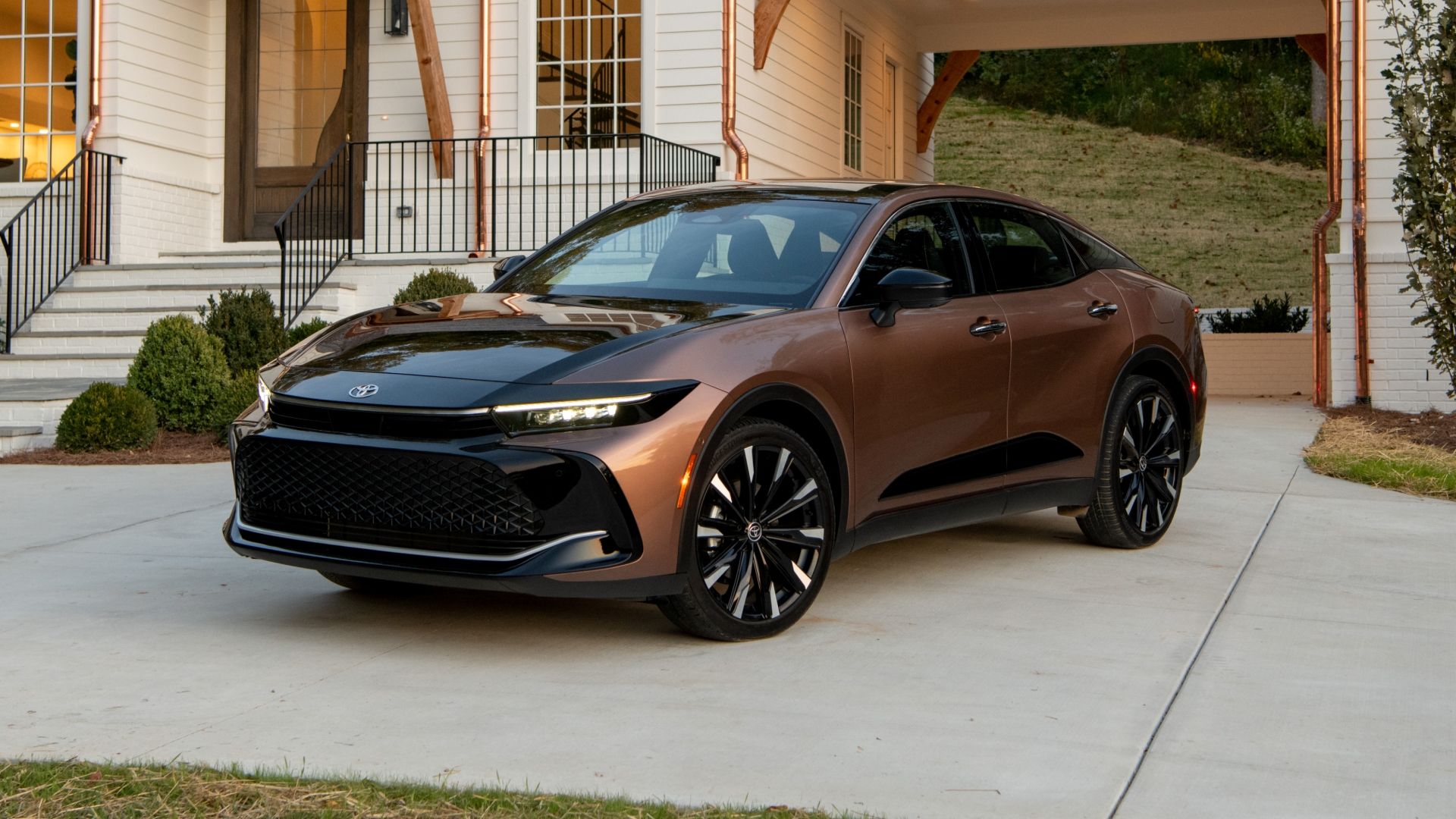CGKY News Hub
Your go-to source for the latest insights and trends.
Hybrid Cars: A Love Story Between Gas and Electricity
Discover the captivating romance of hybrid cars, where gas meets electricity! Uncover why these eco-friendly rides are winning hearts worldwide.
The Best of Both Worlds: How Hybrid Cars Combine Gas and Electricity
Hybrid cars represent a revolutionary approach to modern transportation, seamlessly combining gas and electricity to deliver enhanced fuel efficiency and reduced emissions. By integrating a traditional internal combustion engine with an electric motor, these vehicles allow drivers to enjoy the best of both worlds. When driving at low speeds or during stop-and-go traffic, the electric motor takes over, significantly improving fuel economy. In contrast, the gas engine kicks in for higher speeds or when extra power is needed, ensuring a smooth and responsive driving experience. This dual-system not only aids in reducing carbon footprint but also provides a practical solution for those concerned about battery range limitations traditionally associated with pure electric vehicles.
Furthermore, one of the most compelling advantages of hybrid cars is their cost-effectiveness. With rising fuel prices, owners can greatly benefit from the ability to switch between gas and electricity, optimizing their fuel consumption based on driving conditions. Many hybrid models also come equipped with regenerative braking systems, which capture and store energy that would otherwise be lost during braking, further enhancing overall efficiency. As more consumers seek sustainable and economical transportation options, hybrid vehicles are becoming an increasingly attractive choice, blending reliability with environmental consciousness.

Top 5 Myths About Hybrid Cars Debunked
Hybrid cars have gained popularity over the years, but with that popularity come numerous misconceptions. One of the most common myths is that hybrid cars are slow and lack power. In reality, many hybrid models utilize advanced technology to combine a gasoline engine with an electric motor, providing impressive acceleration and responsiveness. In fact, some hybrids outperform their traditional gasoline counterparts, making them a viable option for those who seek both efficiency and performance.
Another prevalent myth is that hybrid cars are too expensive to maintain. While it's true that the initial price of a hybrid can be higher than that of a conventional vehicle, the long-term savings through fuel efficiency and reduced maintenance costs often outweigh the initial investment. Additionally, many hybrid models are now equipped with longer-lasting parts and require less frequent servicing, making them a cost-effective choice in the long run. Debunking these myths can lead to a better understanding of the true benefits of hybrid vehicles.
Are Hybrid Cars Really Worth It? A Comprehensive Guide
The shift towards sustainable transportation has spurred interest in hybrid cars, but are hybrid cars really worth it? These vehicles often promise better fuel efficiency and reduced emissions compared to traditional gasoline-powered cars. Hybrid cars utilize a combination of an internal combustion engine and an electric motor, which can lead to significant savings at the pump. For many consumers, this can translate to a lower cost of ownership over time, especially with rising fuel prices. Additionally, many regions offer incentives for purchasing hybrid vehicles, making them an attractive option for eco-conscious drivers.
However, it's essential to consider whether the initial investment in hybrid technology pays off in the long run. While some models can be more expensive upfront, factors such as maintenance costs, resale value, and local incentives can affect overall affordability. Moreover, hybrid cars may not be suitable for everyone, particularly those who drive short distances frequently, as they may not capitalize on the fuel savings. Ultimately, the decision hinges on individual circumstances, driving habits, and the environmental impact one wishes to achieve.